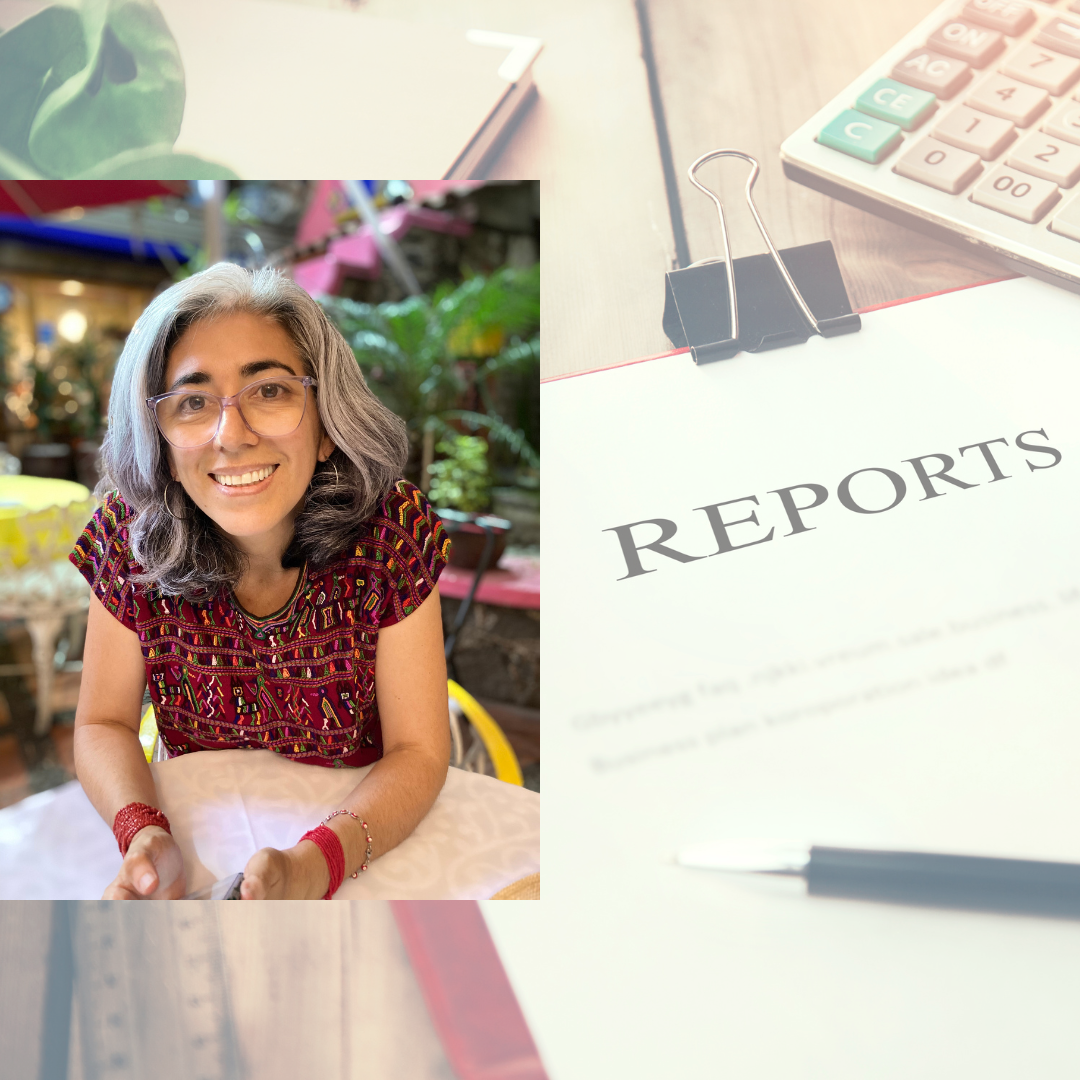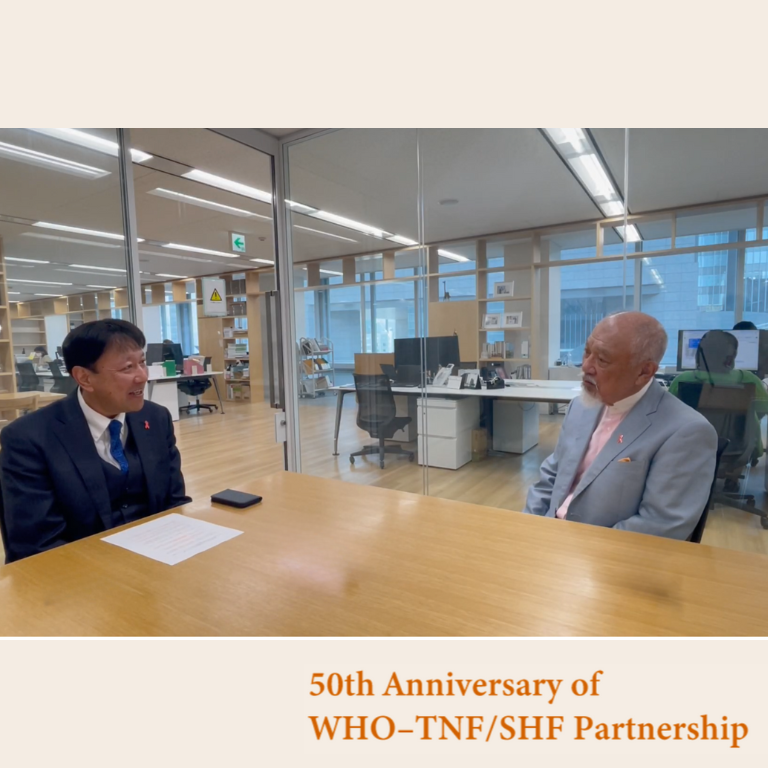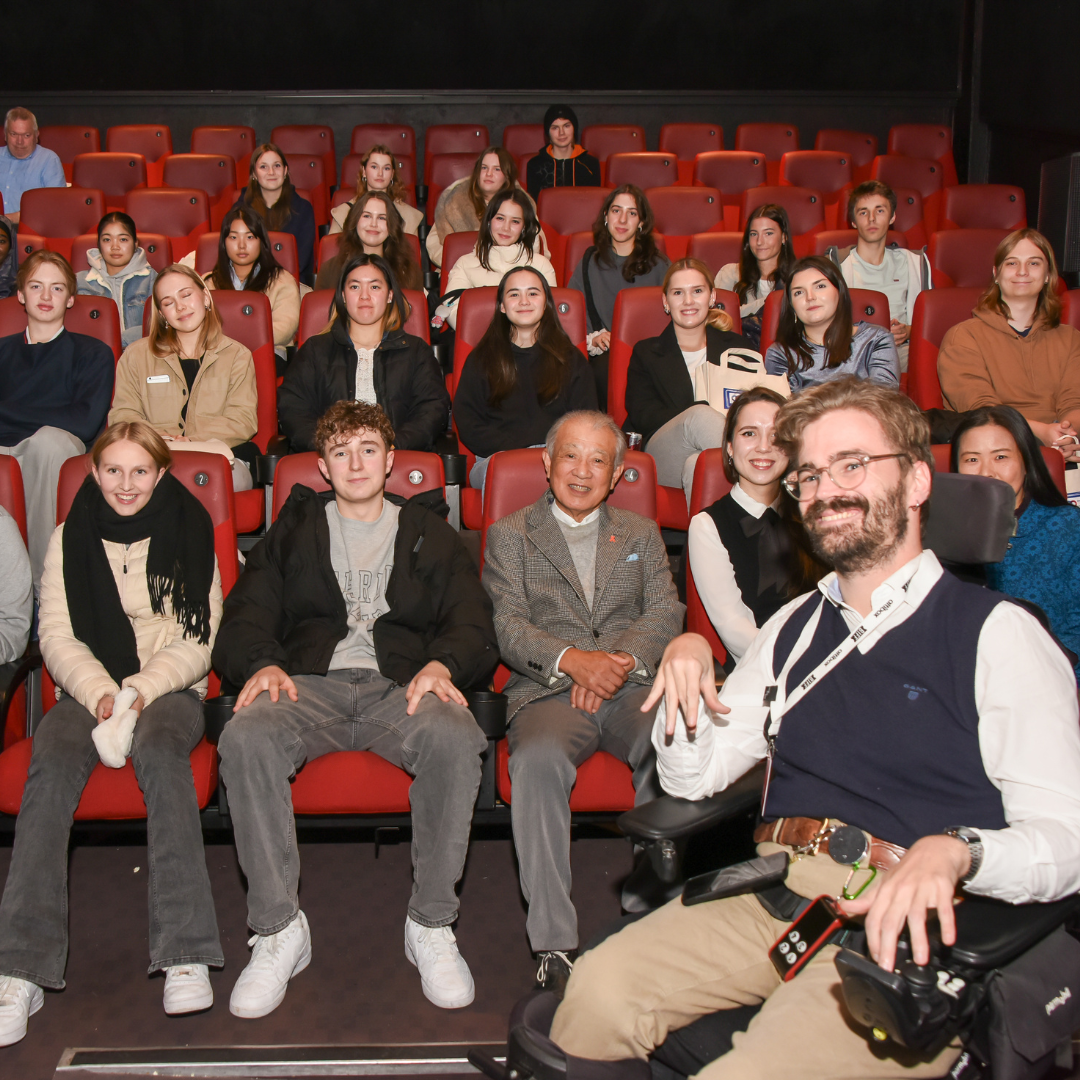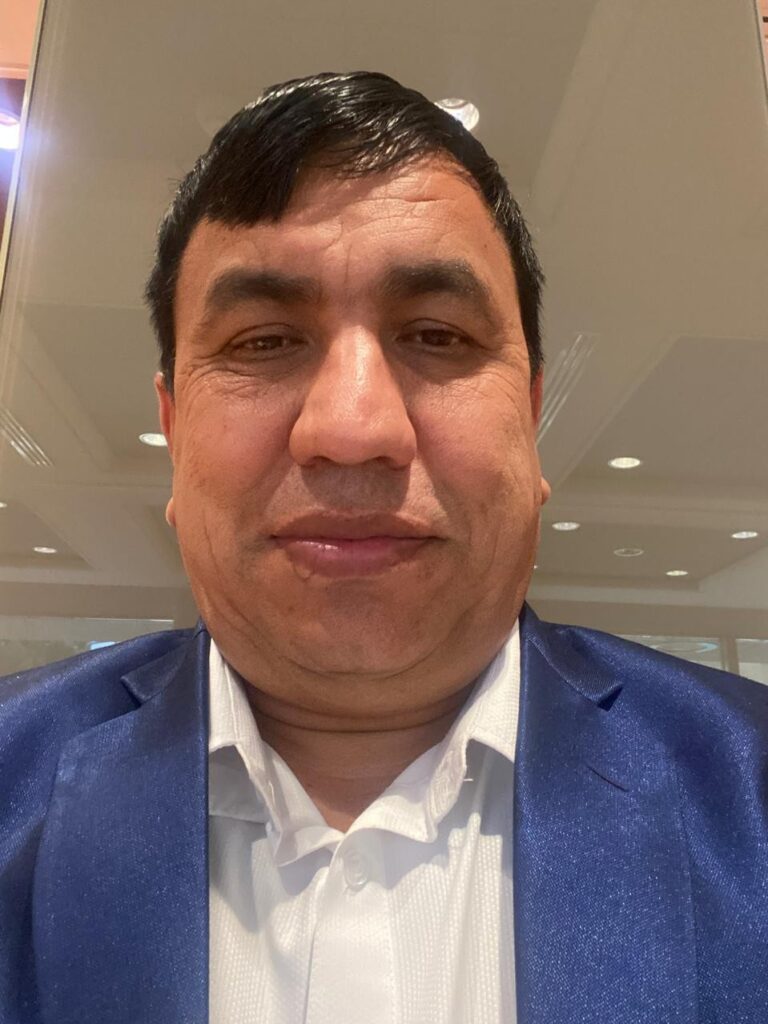
Amar Bahadur Timalsina
Global Network Coordinator
IDEA International
IDEA International promotes the equal participation, human rights, and dignity of persons who have experienced a neglected tropical disease.
“Attending the historic Nepal Leprosy Conference 2025 was both inspiring and deeply moving. Witnessing the unified commitment of national leaders, experts, the Prime Minister of Nepal, and especially the strong commitment of WHO Goodwill Ambassador Yohei Sasakawa toward a leprosy-free world reaffirmed the urgency of our shared mission. Voices of those affected and calls for joint collaboration emphasized that leprosy is not only a medical issue but also a matter of social justice. The conference’s focus on inclusive healthcare and dignity for all was impactful. It renewed my commitment to actively engage, advocate, and ensure no one is left behind.”
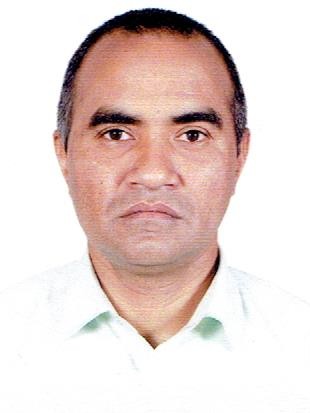
Dinesh Basnet
President
IDEA Nepal
Founded in 1998, IDEA Nepal is a national-level nongovernmental organization run by persons affected by leprosy.
“The Nepal Leprosy Conference 2025, supported financially by the Sasakawa Health Foundation, created a huge stir in the country because it helped increase the self-confidence in us, the people affected by leprosy. It effectively captured media attention and raised awareness as all three layers of government – federal, provincial, and local – were present along with persons affected by leprosy from across the country. We, the people affected by leprosy, have really felt dignified. I express my utmost gratitude to the Sasakawa Health Foundation for its authentic passion, commitment, and continuous support for reducing stigma and discrimination in Nepal.”
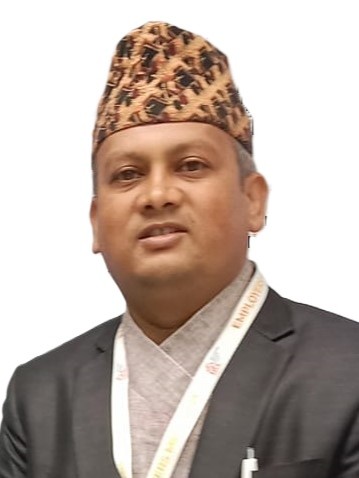
Taranath Sigdel
Secretary
National Leprosy Affected Welfare Association (NLAWA)
NLAWA is a nonprofit organization dedicated to enhancing the well-being of persons affected by leprosy and their family members.
“The Nepal Leprosy Conference 2025 was a historic and impactful event. I was deeply honored to participate as a person affected by Hansen’s disease. The inclusive and meaningful involvement of persons affected by Hansen’s disease from across provinces made the conference truly empowering. Updates on progress and challenges shared by health workers at all levels, including national and sub-national, were insightful. The Prime Minister’s opening speech and the Health Minister’s strong call to end discrimination inspired hope nationwide. The focus on early detection, human rights, and social issues was commendable. The conference left me feeling supported and optimistic about Nepal’s journey toward zero leprosy.”
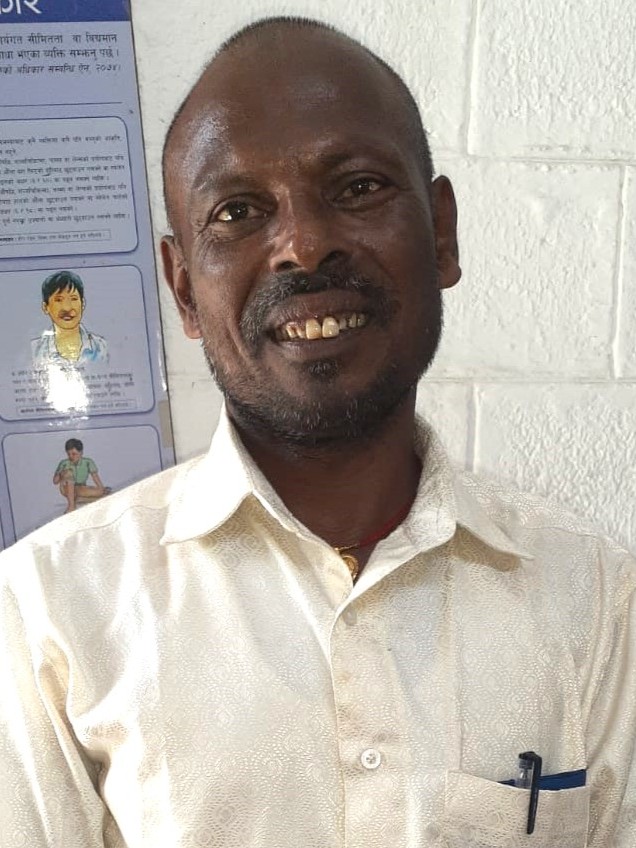
Nathuni Sah
Facilitator
Gourishankar Self-Help Group
President
Sarlahi District Self-Help Group
Nepal has over 115 self-help groups (SHGs) that facilitate self-care, stigma reduction, and mutual aid.
“Discussions at the Nepal Leprosy Conference 2025 focused on early case detection, stigma reduction, integrated health services, and community-based rehabilitation. While the conference provided a critical platform for dialogue and strategy, the significant contributions of Self-Help Groups (SHGs) in empowering individuals affected by leprosy and combating stigma were notably underrepresented.
SHGs remain a proven grassroots mechanism for promoting inclusion, dignity, and long-term resilience in affected communities. As Nepal moves closer to eliminating leprosy, it is vital that the voices and roles of affected individuals – especially through SHGs – are fully recognized and supported.”







